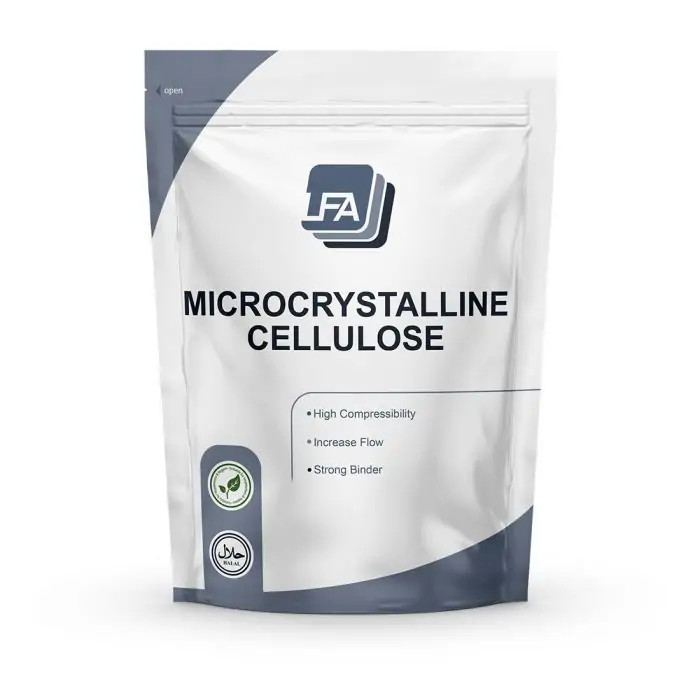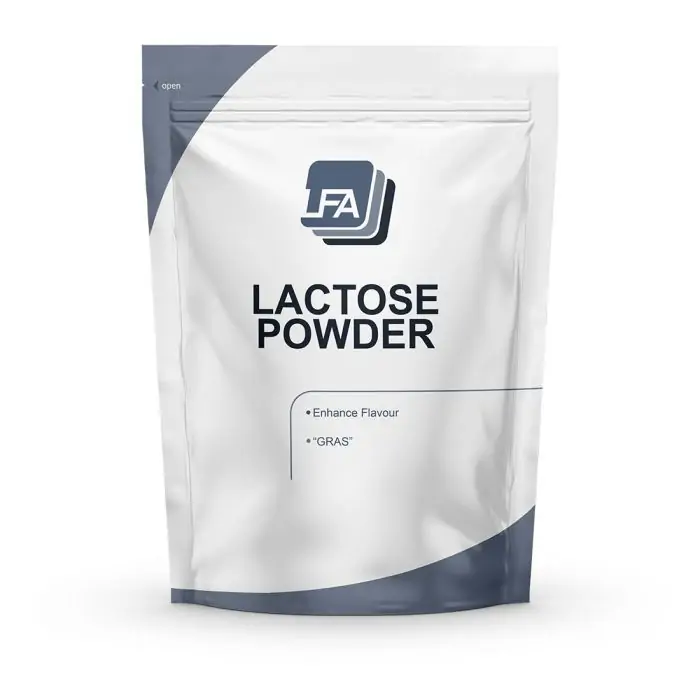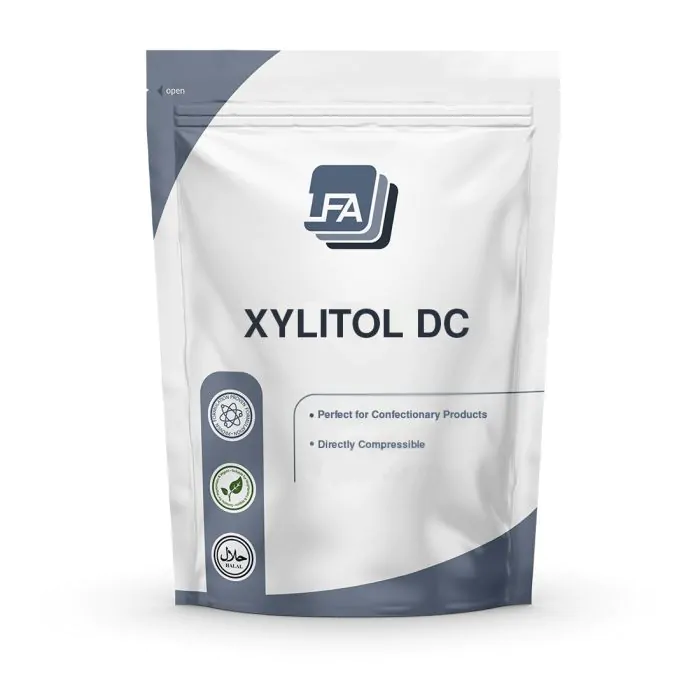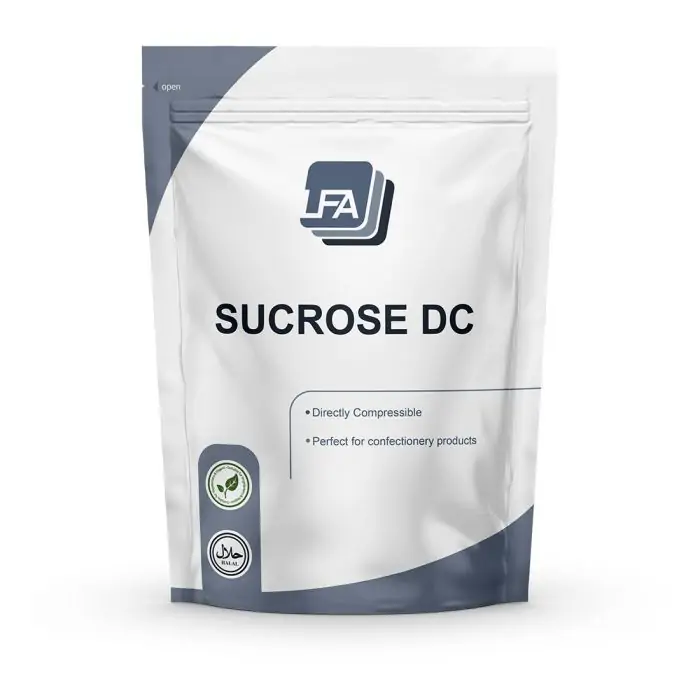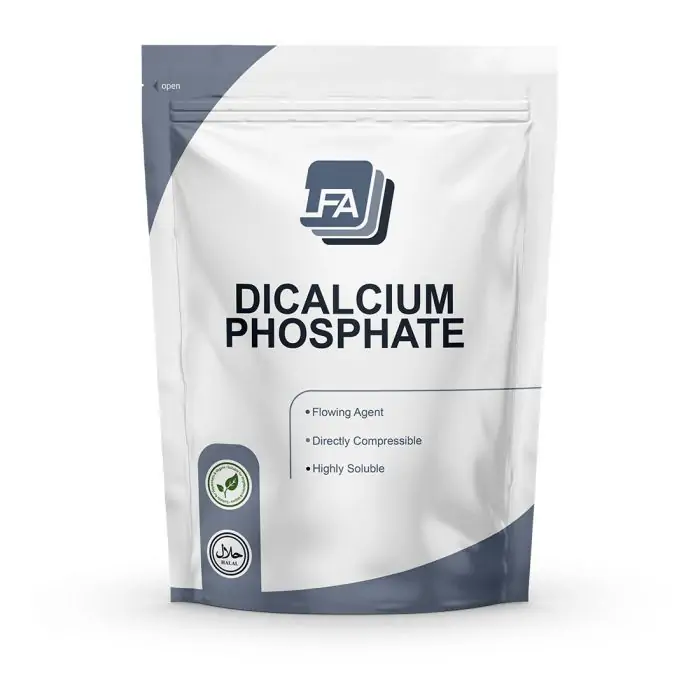What exactly is the ideal excipient? The one which helps make ingestion easier for customers and manufacturing simpler for producers. Not just an excipient which is permissible to use, but one that stretches beyond standard functionality. Microcrystalline cellulose may be the exact binding agent you are searching for. It won't gel like methyl-cellulose and if compared to other binding agents it appears to provide the optimal degree of brittleness whilst staying lubricant sensitive.
Main Benefits
The main benefits of Microcrystalline Cellulose are:
- Higher compressibility
- Increased flow
- Strong binder
- Odorless, tasteless
- Non-reactive
- Low-absorption
Which Grade is Best for You?
LFA Machines is able to offer you 5 different grades of Microcrystalline Cellulose. The grade names are 101, 102, 200, 301, and 302. You may be most familiar with our Microcrystalline Cellulose 102 grade which we can offer to you at 1kg, 2kg, 5kg, 10kg, and 20kg bags.
Some noticeable differences between the grades are the following:
- Microcrystalline Cellulose 101 has the finest of particles, with a bulk density of 0.296g/cm3 . It is most suitable for wet granulation with excellent direct compression
- Microcrystalline Cellulose 102 has an average particle size with a bulk density of 0.308g/cm3 and is the most common grade of Microcrystalline Cellulose used to its high compressibility.
- Microcrystalline Cellulose 200 has a larger than average particle size, with its bulk density being 0.282g/cm3. Grade 200 has superior flowing properties and is commonly used to correct API flow deficiencies.
- Microcrystalline Cellulose 301 is very similar to Microcrystalline Cellulose 101, but has a larger bulk density of 0.358g/cm3
- Microcrystalline Cellulose 302 is very similar to Microcrystalline Cellulose 102, but has a larger bulk density of 0.359g/cm 3
Microcrystalline Cellulose, generally named MCC, is produced in a controlled environment. The end result is a pure, white powder without any taste or smell, able to add form and hardness to your tablets. MCC maintains the necessary advantages of a diluent. It is effective as a bulking agent in your tablet or capsule, giving the desirable weight for your customers. Microcrystalline cellulose has minimal bulk density, increasing flow characteristics. Easy flow helps to ensure that each ingredient is consistently spread throughout a mixture. If the mix is consistent, each tablet will have the same quantity of each ingredient at the end of production, creating a quality product.
Microcrystalline Cellulose really does its job, and also it does it well. It works well with many other popular excipients and is a integral part of many manufacturers formulas. Binders undoubtedly are a crucial element in the tableting process simply because they ensure “hardness” in a tablet. Additionally, compressibility affects all aspects of the final product, for example, disintegration, dissolution and absorption. MCC is directly compressible and therefore can be compressed into a tablet without having to granulate or process a mix, making the overall manufacturing process more efficient.
Compressibility and binding are both unquestionable characteristics of Microcrystalline Cellulose. Neither of these characteristics deter its ability to dissolve with ease once in tablet form, a crucial element of any tablet or capsule. MCC is safe to consume in normal amounts, and broadly used as an excipient for tableting. Additionally it is a natural source of dietary fiber and is also non-caloric. Above all else, MCC is inert, meaning it will not react to or interfere with other substances.

